The Kurultáj event is the largest of its kind celebrating and preserving Hun-Turkic traditions. The celebration was organized for the seventh time this year bringing together 27 representatives of Hun-Turkic identities from over 10 countries, in addition to the participants from the Carpathian Basin.
Aside from the colorful equestrian parades and battle shows that attendees could view, they could also recognize the fact that unlike the West who is trying to undermine us and force us into something we do not want – as they are often inclined to – there are peoples in the eastern half of the world that deeply respect us.
If you have ever travelled anywhere between Turkey and Japan, then you would know that those nations consider Hungarians kindred and treat us with sympathy. It does not matter whether we actually are descendants of the Huns, as the Chinese believe, or not – they view Hungarians as their western relatives.
The primarily Central Asian peoples gathered at Kurultaj may differ from each other in many ways, but they are united in their horse-nomadic sense of origin and potential genetic connection with the Hungarians as at one point they lived on the same territories; they had similar if not the same traditions and cultures.
While linguists, historians, geneticists, and anthropologists can argue over the origin and kinship of the Hungarians, it does not change the fact that the peoples that gathered for Kurultaj recognize that we are all descendants of the horse-nomads of the steppes. The shows, exhibitions and especially the Attila tent at the Kurultaj event exemplify this.
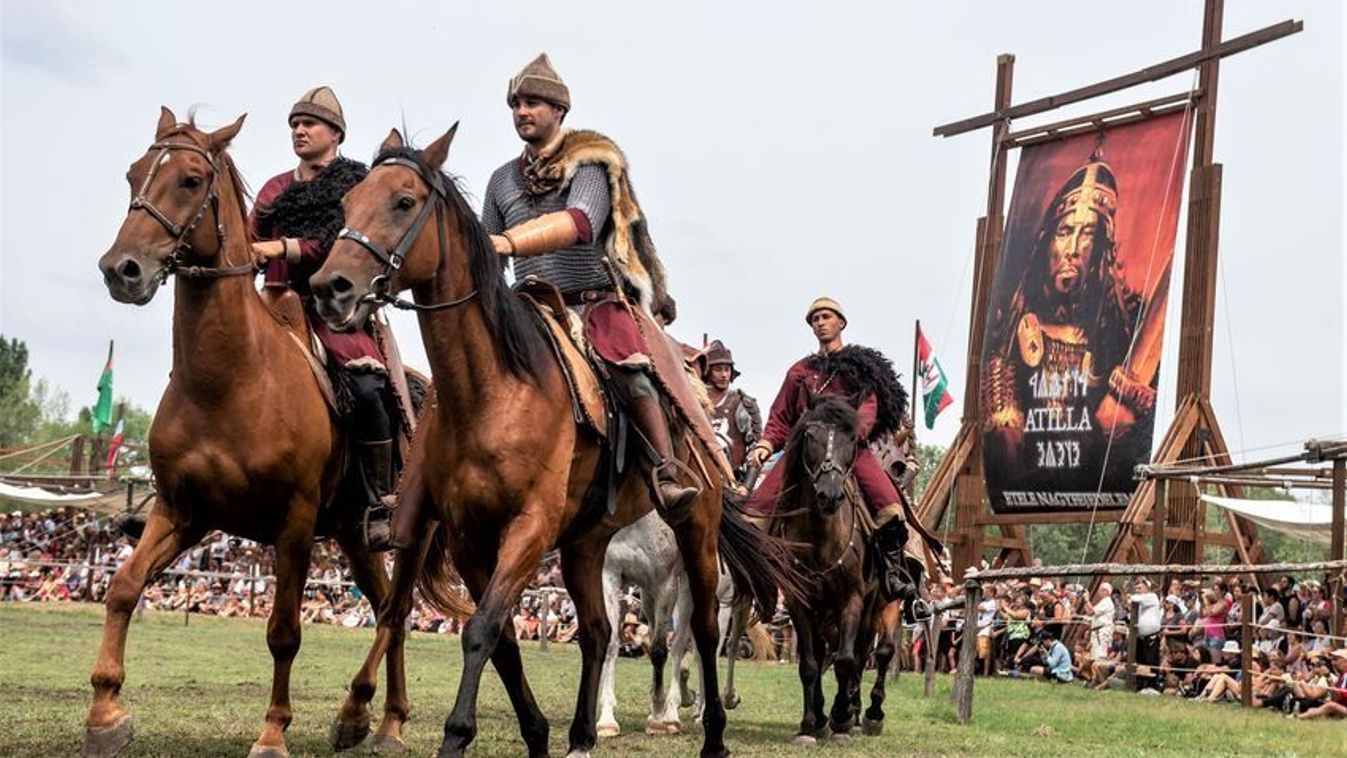





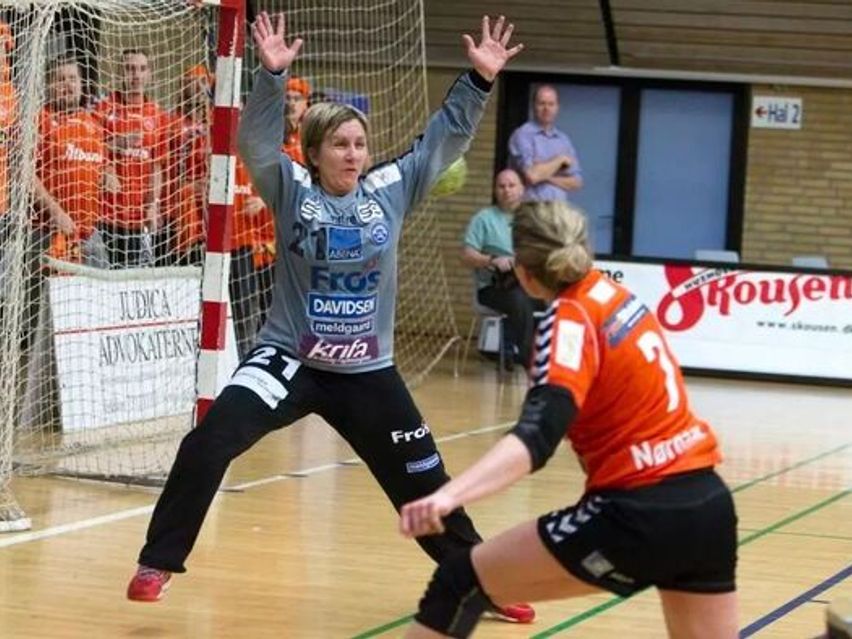
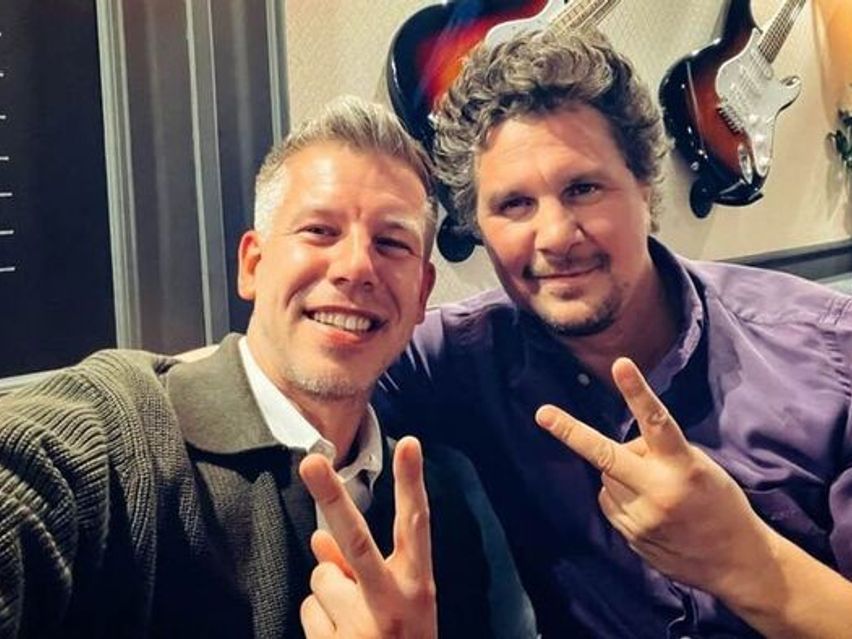
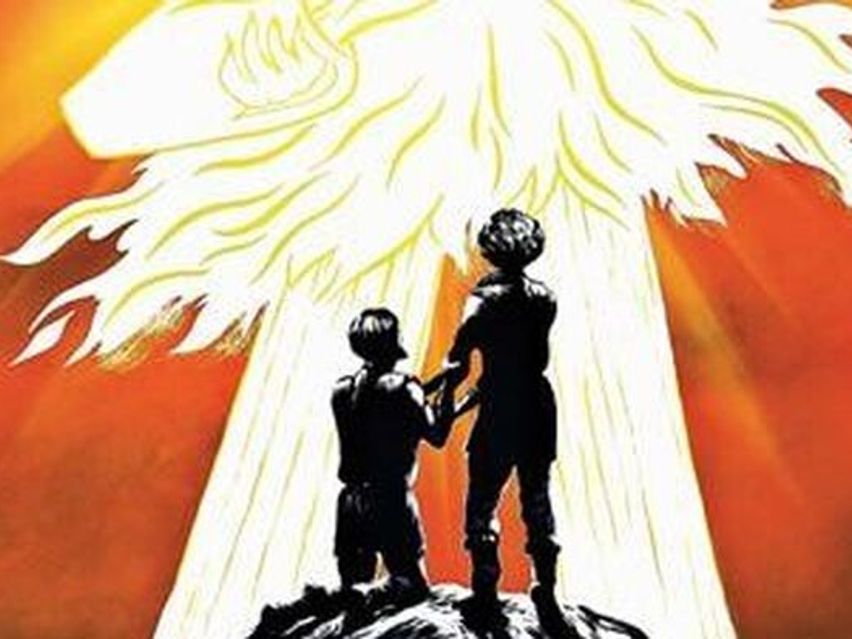






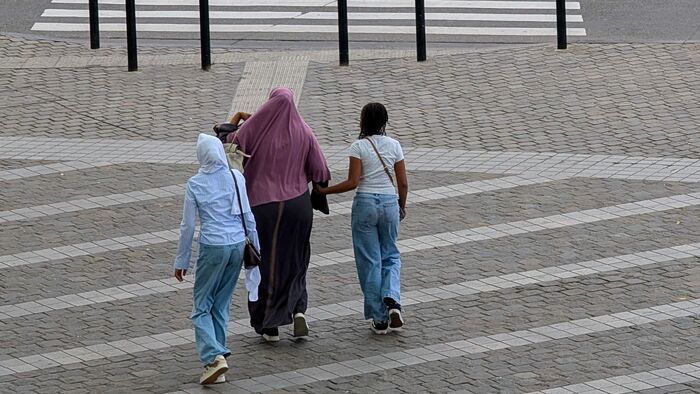
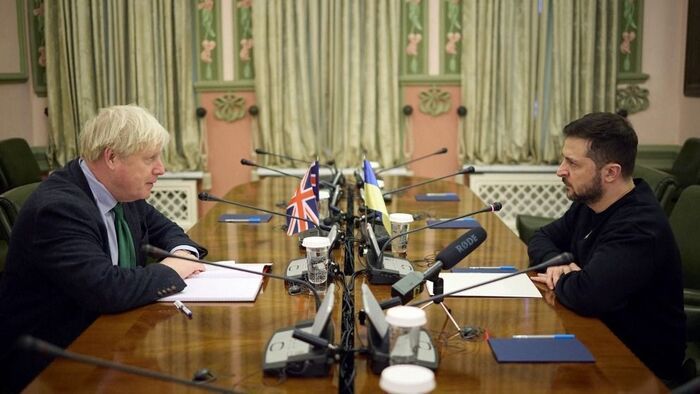






Szóljon hozzá!
Jelenleg csak a hozzászólások egy kis részét látja. Hozzászóláshoz és a további kommentek megtekintéséhez lépjen be, vagy regisztráljon!